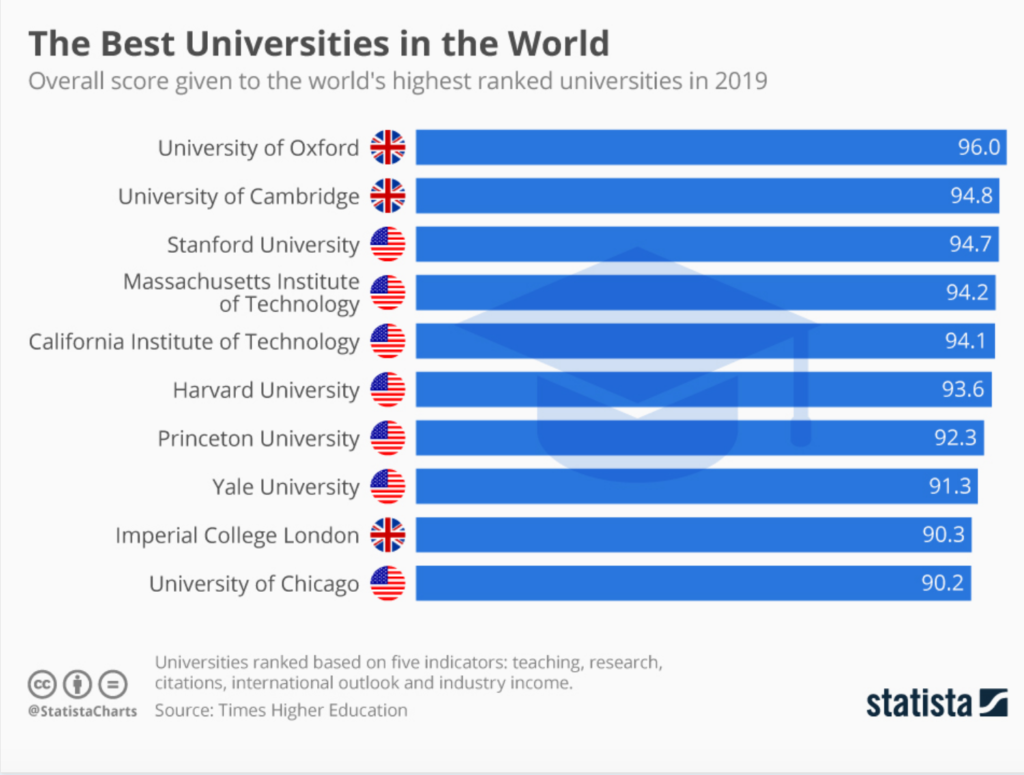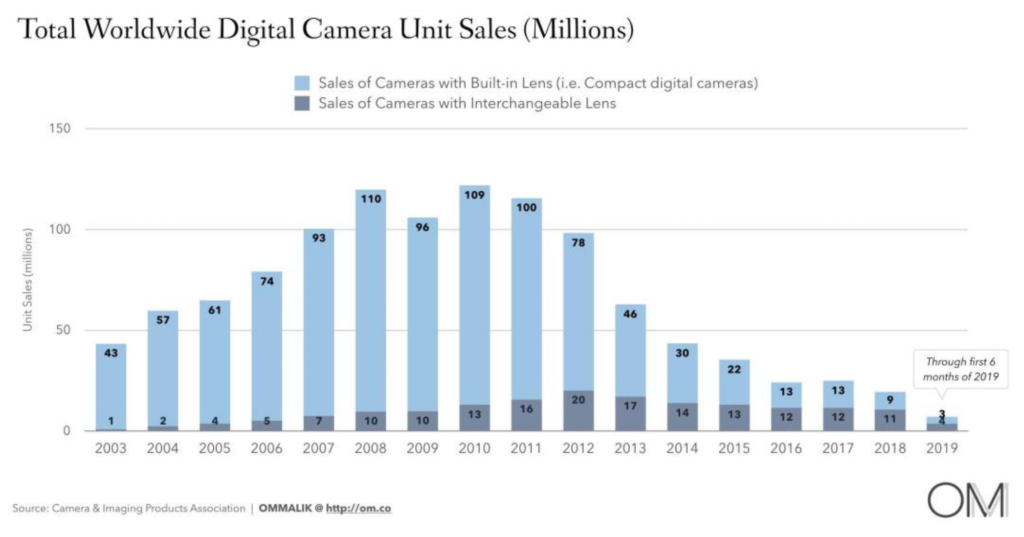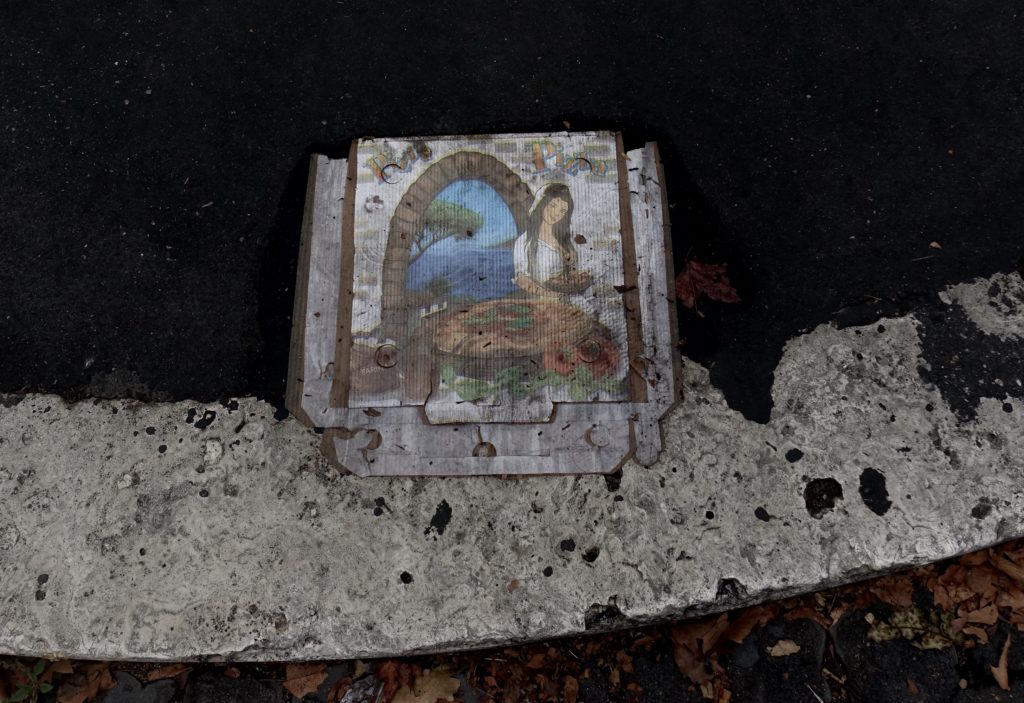Zero-days and the iPhone
This morning’s Observer column:
Whenever there’s something that some people value, there will be a marketplace for it. A few years ago, I spent a fascinating hour with a detective exploring the online marketplaces that exist in the so-called “dark web” (shorthand for the parts of the web you can only get to with a Tor browser and some useful addresses). The marketplaces we were interested in were ones in which stolen credit card details and other confidential data are traded.
What struck me most was the apparent normality of it all. It’s basically eBay for crooks. There are sellers offering goods (ranges of stolen card details, Facebook, Gmail and other logins etc) and punters interested in purchasing same. Different categories of these stolen goods are more or less expensive. (The most expensive logins, as I remember it, were for PayPal). But the funniest thing of all was that some of the marketplaces operated a “reputation” system, just like eBay’s. Some vendors had 90%-plus ratings for reliability etc. Some purchasers likewise. Others were less highly regarded. So, one reflected, there really is honour among thieves.
But it’s not just credit cards and logins that are valuable in this underworld…
Quote of the Day
“It’s absurd to believe that you can become world leader in ethical AI before becoming world leader in AI first”
— Ulrike Franke, policy fellow at the European Council on Foreign Relations.
Camera Obscura
Brexit — what next?
Traditional cameras are going the way of servers
This is from Om Malik’s blog:
Camera sales are continuing to falling off a cliff. The latest data from the Camera & Imaging Products Association (CIPA) shows them in a swoon befitting a Bollywood roadside Romeo. All four big camera brands — Sony, Fuji, Canon, and Nikon — are reposting rapid declines. And it is not just the point and shoot cameras whose sales are collapsing. We also see sales of higher-end DSLR cameras stall. And — wait for it — even mirrorless cameras, which were supposed to be a panacea for all that ails the camera business, are heading south.
Of course, by aggressively introducing newer and newer cameras with marginal improvements, companies like Fuji and Sony are finding that they might have created a headache. There is now a substantial aftermarket for casual photographers looking to save money on the companies’ generation-old products. Even those who can afford to buy the big 60-100 megapixel cameras are pausing. After all, doing so also involves buying a beefier computer. (Hello Mac Pro, cheese grater edition!)
I have seen this movie play out before — but in a different market…
Astute and, I think, accurate. Worth reading in full. The cultural implications of the shift of photography to smartphones are still not understood — though Om has been doing his best. See, for example, his 2016 New Yorker essay “In the future we will photograph everything and look at nothing”.
Pizza Romana
Quote of the Day
It is widely known that Mr. Johnson wants a “people versus politicians” election. Perhaps it is time for the opposition to push for “the country versus Boris Johnson.”
Today’s New York Times
The United Kingdom of Absurdistan
Lovely Irish Times column by Fintan O’Toole:
One thing that still unites the warring factions in England is the belief that Westminster is “the mother of all parliaments” and the envy of the democratic world. Well, it sure looks like the mother of all something right now, but it’s not parliamentary democracy. Consider what has happened. Boris Johnson was elected leader of the Tory party by 92,153 people. He was then appointed prime minister by a hereditary monarch with no parliamentary involvement whatsoever. Since July 24th, when he became prime minister, he has appeared just once in the House of Commons to answer questions. And he has now used those monarchical powers to prorogue parliament and make himself even more unaccountable to it. The one virtue of Johnson’s brazenness is that he has surely made obvious to his compatriots what outsiders can see – that the system in which all of this is possible is a democracy built around a solid core of feudalism.
To grasp the absurdity of this spectacle, we might turn to one of England’s great minds, Jonathan Sumption. He is simultaneously one of his country’s most distinguished lawyers, recently retired from the UK’s supreme court, and one of its leading historians, whose superb ongoing multivolume history of the Hundred Years War is much better than Game of Thrones. Last week, the London Times asked him to pronounce on the legality of Johnson’s prorogation of parliament. “I don’t think what the prime minister has said he is going to do is unlawful,” he said. But he added: “It might be considered unconstitutional in as much as it might be argued to be contrary to a longstanding convention of the constitution.”
So what Johnson is doing is probably unconstitutional but probably not unlawful. I don’t think most people in England have any idea how utterly nonsensical this seems to all the rest of us. It’s like saying that a man is almost certainly dead but nonetheless in quite good health. In any other democracy, if it’s unconstitutional, it’s unlawful. Only in the United Kingdom of Absurdistan can it possibly be otherwise. And the heart of the absurdity is that great tautology, the “unwritten constitution”.
Wonderful!
Game theory for Dummies
Lovely comment by the Guardian’s John Crace on Boris Johnson’s Downing Street speech yesterday:
A speech that was muddled and half-arsed, whose only obvious purpose was to put the blame for any imminent general election on everyone but himself. “Pifflepafflewifflewaffle,” the prime minister mumbled, sounding rattled and lacking his usual sense of entitlement as he struggled to make his voice heard above the protesters just down the road.
He was on the verge of getting a great Brexit deal. It was just that neither he nor the EU had a clue what that deal was. So he didn’t want parliament getting in the way of the thing he didn’t know how to do. Largely because it was impossible. But we were still leaving on 31 October with or without a deal, even if parliament decided otherwise. And that was it. All he asked was that no one told the EU what the UK’s negotiating position was. Just as well Johnny Foreigner can’t understand English.
Johnson went back inside feeling strangely deflated. It somehow felt as if, in his first major standoff with his MPs, he had been the one to blink first. Still it must have been the right thing to do, he supposed, because Dominic Cummings had told him so…





